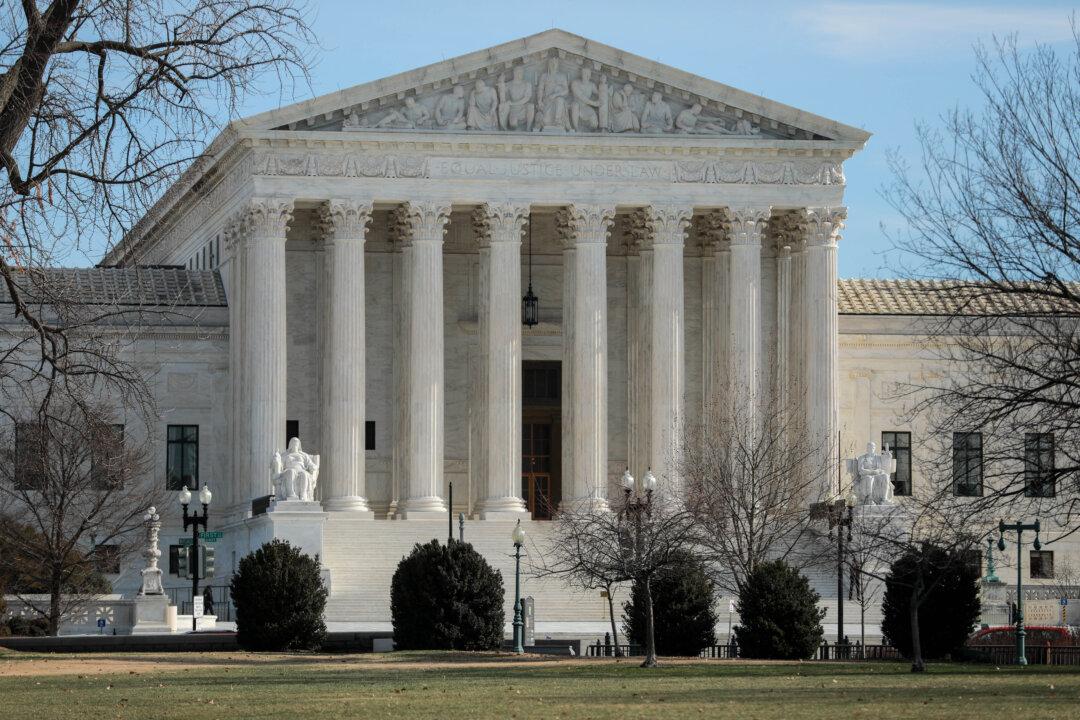The Supreme Court said on Friday that it will hear arguments in three disputes over subpoenas seeking access to President Donald Trump’s financial information on March 31 (pdf).
In December, the top court said they agreed to hear the three cases appealing lower court decisions that require Trump’s accounting firm Mazars USA and two banks to comply with the subpoenas issued by the House and a New York district attorney in a grand jury probe. At that time, the court did not set a date for arguments.




